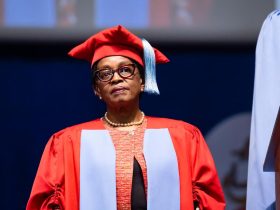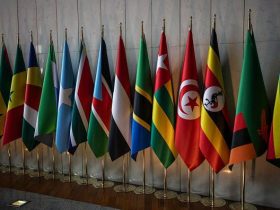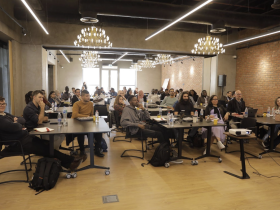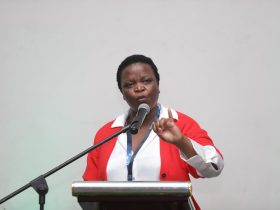In light of significant technological developments in artificial intelligence (AI), the Recording Industry of South Africa (RiSA) has recommended that policymakers undertake new, evidence-based assessments around the proposed open-ended fair-use exemption.
AI technologies have, in recent months, come under the spotlight, from chatbots, like the popular ChatGPT, which can answer complex questions, to AI text-to-image generation software such as DALLE-2, Midjourney, and Stability AI. With its presence in the creative sector growing, there is mounting concern that introducing an open-ended fair use exemption in South Africa’s copyright law would present a substantial risk to the SA creative sector.
Concerning the use of such new and emerging technologies, including AI, the music sector has embraced and continues to explore the opportunities that AI presents. This has included artists using AI tools to master or remix a sound recording, labels using AI for data analysis and catalogue management, and streaming services using AI to personalise users’ music experience through playlist creation and recommendation services.
In written and oral submissions to the provincial legislators who were conducting public hearings, RiSA stated that the industry acknowledged and embraced the benefits of AI tools, including those used to master or remix sound recordings for data analysis and catalogue management, as well as streaming services using AI to personalise users’ music experience but cautioned that open-ended and broad fair use exceptions, as proposed in the Copyright Amendment Bill, might open the door for the exploitation of the copyright-protected content without permission and compensation to the creative industry. They believe this is because AI operators and developers could claim they are exempt from seeking permission under the proposed fair use provisions.
Fair use originates from the US, which has various safeguards, including punitive damages and decades of jurisprudence, which do not exist in South Africa. Despite these safeguards, US rights holders have been forced to initiate court proceedings against AI developers for the unauthorised use of copyright-protected works of artists due to ambiguities around the scope of the fair use exception in the US.
RiSA warns that due to the legal uncertainties arising from the introduction of broad copyright exceptions in South Africa, there will be a significantly increased need for litigation to test the remit of any new open-ended exception at the expense of artists and record companies.
To solve this issue and to ensure that the creative industries in South Africa can handle the activities of AI technologies, South African policymakers should revisit the introduction of fair use and undertake proper, evidence-based impact assessments, reviewing the benefits and risks of the proposed open-ended fair use.
Nhlanhla Sibisi, RiSA CEO, commented: “The music sector has embraced and continues to both embrace and explore opportunities presented by AI; however, the open-ended fair use exception in South Africa’s copyright may open a pathway for operators of AI systems to exploit the works of artists, performers, creatives and right holders without authorisation which may ultimately harm the creative industry. Therefore, we propose that the legislators remove the fair use provisions in the current bills and request the Department of Trade, Industry, and Competition conduct the necessary impact assessment study.”
RiSA supports initiatives to modernise the outdated copyright law but cautions against including broad and harmful fair use exceptions in the Copyright Amendment Bill without a comprehensive, evidence-based assessment of open-ended fair use exceptions and the impact of AI on the South African creative sector.
RiSA, with approximately 20 000 members, is the industry body representing the South African recorded music industry and is a member of IFPI, which represents the recording industry worldwide. RiSA is also part of the South African Music Industry Council, a body representing organisations in the music industry value chain, and the Copyright Coalition of South Africa, representing the copyright-based industries.
Hearings are conducted nationwide to solicit inputs from various stakeholders and partners in the creative and cultural spaces, and more updates will be shared soon.
























Leave a Reply